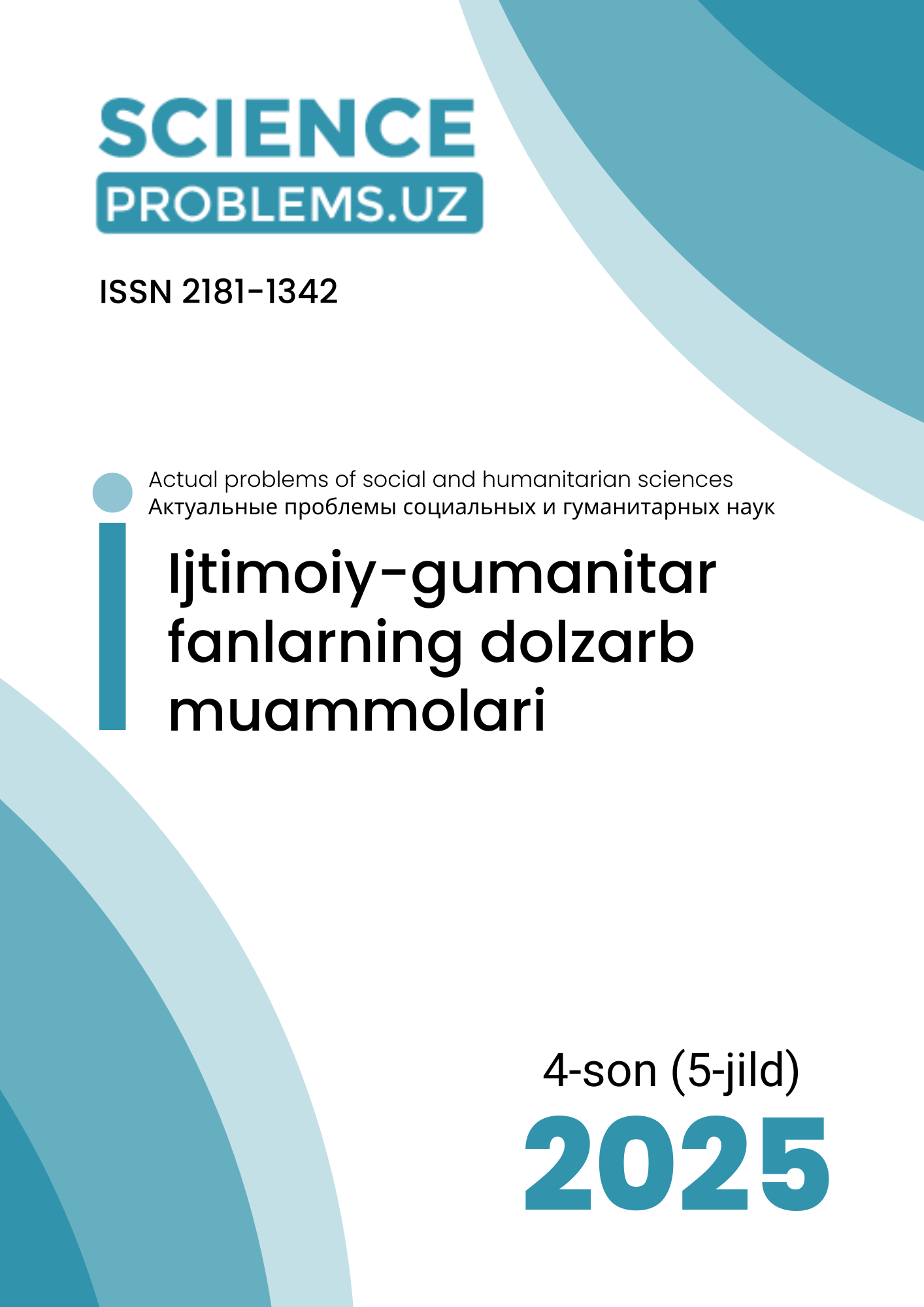RESEARCH ON LEGAL ISSUES OF PERSONAL INFORMATION PROTECTION
DOI:
https://doi.org/10.47390/SPR1342V5I4Y2025N47Keywords:
Personal Information Protection; Comparative Law; Legal RegulationAbstract
Citizens' personal information, closely related to various elements of society such as politics and economy, has a profound impact on social development and is an important social resource. However, the advancement of network technology has led to an increasing number of personal information leaks, which urgently need to be addressed. This article focuses on the legal issues of personal information protection, explores the definition of personal information and its relationship with related concepts such as personal privacy and personal data. Through comparative analysis of personal information protection legal systems in China, the European Union, the United States, Russia, and other countries, the article particularly examines the relevant legislation and practices in Uzbekistan. The study finds that while there are differences in personal information protection across countries, all face new challenges brought by technological development. It is recommended to improve Uzbekistan's personal information protection legal system, strengthen international cooperation, and raise public awareness to meet the demands of personal information protection in the digital age.
References
1.Definition of personal information, cited from Article 4 of the Personal Information Protection Law of the People's Republic of China.
2.Zhang Xinbao. Research on Personal Information Protection Law. Law Press, 2020, 32(2): 12-123.
3, 4. Qi Aimin. Identification and Re-identification: Definition and Legislative Choices of Personal Information. Journal of Chongqing University, 2018, 24: 119-131.
5.Wang Liming. Privacy Rights and Personal Information Protection. Chinese Legal Science, 2019, 37(5): 45-60.
6.EU General Data Protection Regulation (GDPR), which centers on the concept of "personal data," emphasizes the protection of data subjects' rights and establishes strict data processing rules and cross-border data transfer mechanisms. Its characteristics include unified legislation, high-standard protection, and strong enforcement.
7.From CNIL's Penalty on Google for Violating User Privacy: Application of the Principle of Informed Consent | DeHeng Research - Tencent Cloud Developer Community - Tencent Cloud, accessed on March 20, 2025.
8.Kuner, C. Transborder Data Flows and Data Privacy Law. Oxford University Press, 2013.
9.Solove, D. J. Understanding Privacy. Harvard University Press, 2008.
10.Facebook Fined €265 Million by European Regulator for Leaking 500 Million User Data - China News Network, accessed on March 20, 2025.
11.Schwartz, P. M., & Solove, D. J. The PII Problem: Privacy and a New Concept of Personally Identifiable Information. New York University Law Review, 2011, 86(6): 1814-1894.
12.Facebook Fined €265 Million by European Regulator for Leaking 500 Million User Data - China News Network, accessed on March 20, 2025.
13.Schwartz, P. M., & Solove, D. J. "The PII Problem: Privacy and a New Concept of Personally Identifiable Information". New York University Law Review, 2011, 86(6): 1814-1894.
14.Greenleaf, G. "Global Data Privacy Laws 2021: 145 Countries Now Have Data Privacy Laws". Privacy Laws & Business International Report, 2021, 169: 1-12.
15.Russia to Block LinkedIn, Promoting Personal Data Localization | LinkedIn | Russia - Sina Technology - Sina.com, accessed on March 20, 2025.
16.Bygrave, L. A. Data Privacy Law: An International Perspective. Oxford University Press, 2014.
17.Gao Fuping. Personal Information Protection: Principles and Practices. Law Press, 2021.








